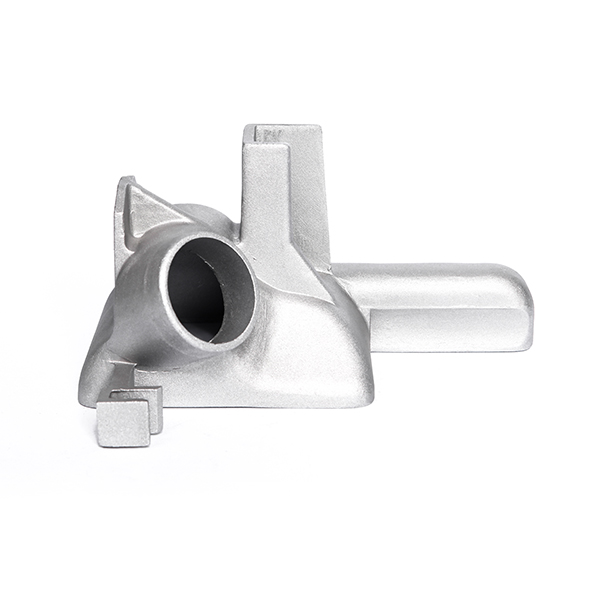Mobile:+86-311-808-126-83
Email:info@ydcastings.com
metal casting company
The Evolution of Metal Casting Companies in the Modern Era
Metal casting has been a fundamental manufacturing process since ancient times, revolutionizing how products are made and shaping the tools and infrastructure of civilizations. Today, metal casting companies represent a crucial segment of the manufacturing industry, responsible for producing a wide array of components used in automotive, aerospace, construction, and many other sectors. This article explores the evolution of metal casting companies, highlighting key technologies, sustainability efforts, and the challenges they face.
Historical Context
The roots of metal casting can be traced back thousands of years, with the earliest known evidence found in ancient civilizations such as Mesopotamia and Egypt. These civilizations perfected the art of molding molten metal into shapes, laying the groundwork for the casting techniques we use today. Over the centuries, metal casting evolved, introducing more sophisticated methods and materials. The Industrial Revolution marked a significant turning point, as innovations in machinery and transportation spurred the growth of metal casting companies, enabling mass production.
Modern Technologies
Today, metal casting companies leverage advanced technologies to improve production efficiency, reduce costs, and enhance product quality. The integration of computer-aided design (CAD) software allows engineers to create intricate designs with precision, while simulations help predict how metals will behave when cast, minimizing the risk of defects. Moreover, technologies such as 3D printing have emerged as game-changers in the industry, allowing for the rapid production of molds and prototypes. This innovation significantly cuts down lead times and enables companies to respond swiftly to market demands.
Types of Casting Processes
metal casting company

There are several casting processes commonly employed by metal casting companies, each with its unique advantages. Sand casting, for example, is one of the oldest and most versatile methods, ideal for producing both small and large parts. Investment casting, or lost-wax casting, allows for high precision and is frequently used in the aerospace and medical industries for intricate components. Die casting, often used for aluminum and zinc parts, is known for its efficiency in mass production.
Sustainability Efforts
As global awareness of environmental issues grows, metal casting companies are increasingly focusing on sustainability. The industry is under pressure to reduce waste and energy consumption, leading to the adoption of recycling practices. Many companies have begun incorporating recycled metals into their casting processes, significantly lowering their carbon footprints. Additionally, advancements in energy-efficient technologies and renewable energy sources are contributing to more sustainable operations. By prioritizing eco-friendly practices, metal casting companies not only meet regulatory requirements but also appeal to environmentally conscious consumers.
Challenges Facing the Industry
Despite advancements and sustainability efforts, metal casting companies face numerous challenges. The fluctuating prices of raw materials, such as steel and aluminum, can impact profit margins and production costs. Additionally, the industry often grapples with a skilled labor shortage, as traditional casting skills are increasingly difficult to find in a tech-driven world. Furthermore, global competition intensifies, pushing companies to innovate continually and streamline processes to maintain a competitive edge.
Conclusion
Metal casting companies are at a pivotal moment in their history, balancing tradition with innovation. As they navigate through technological advancements, sustainability challenges, and market dynamics, these companies play a critical role in the broader manufacturing ecosystem. By embracing new technologies and sustainable practices, the metal casting industry can continue to evolve, ensuring its relevance and contribution in a rapidly changing world. As we look to the future, the adaptability and resilience of metal casting companies will undoubtedly pave the way for new possibilities, influencing how we fabricate the materials and products that form the backbone of our society.
-
Why Should You Invest in Superior Pump Castings for Your Equipment?NewsJun.09,2025
-
Unlock Performance Potential with Stainless Impellers and Aluminum End CapsNewsJun.09,2025
-
Revolutionize Your Machinery with Superior Cast Iron and Aluminum ComponentsNewsJun.09,2025
-
Revolutionize Fluid Dynamics with Premium Pump ComponentsNewsJun.09,2025
-
Optimizing Industrial Systems with Essential Valve ComponentsNewsJun.09,2025
-
Elevate Grid Efficiency with High-Precision Power CastingsNewsJun.09,2025











